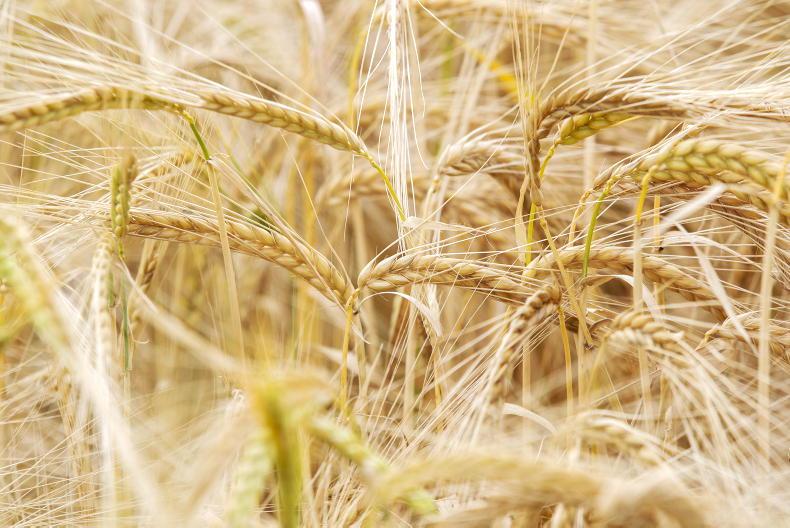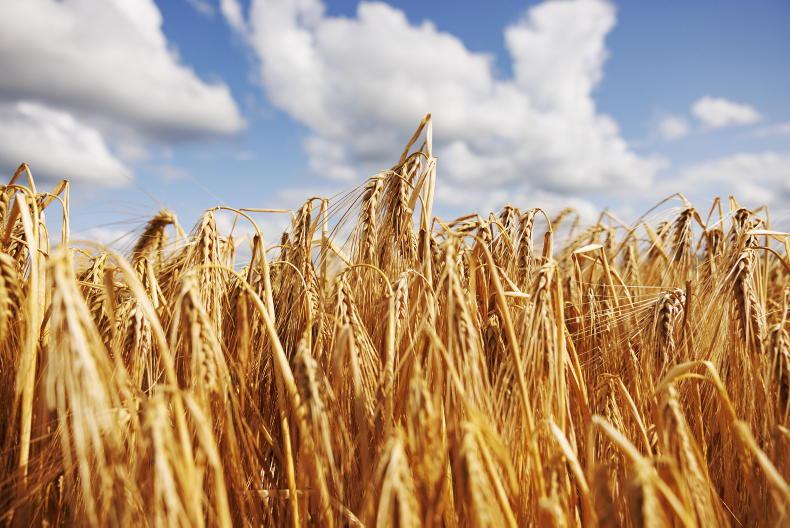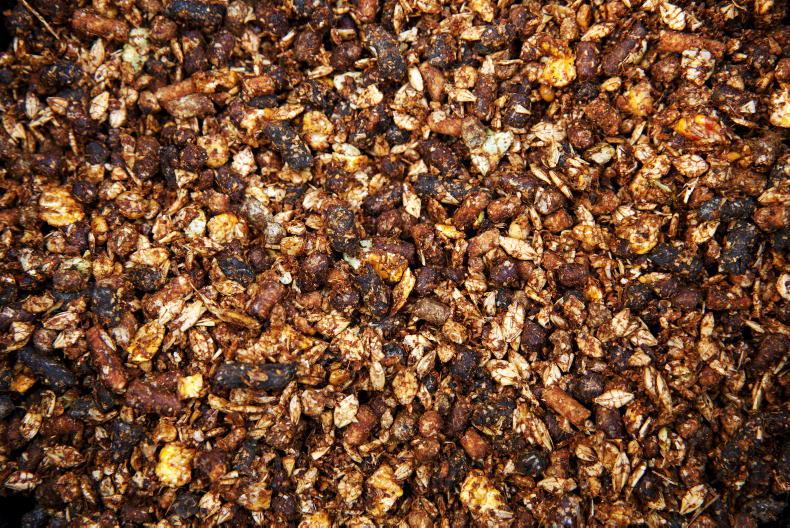As I took my place in the cavernous main hall of the Curragh racecourse, the headquarters of Irish horse racing, for the IFA pre election day event, I thought inevitably of the Irish thoroughbred horse breeding industry, an Irish industry as big as those of Britain and France combined.
It may well be our most competitive sector across the entire Irish economy, but it’s one based on a rigorous meritocracy, with breeders of group one winners standing to make fortunes on the world stage and others falling by the wayside.
Mainstream farming is fundamentally different. The pressing political and human need for a continuous supply of sufficient food has always made farming and agri trade a key political activity and that was very visible last week.
Dry matter
With the Taoiseach and Minister for Agricuture both there, as well as an excellent summary of current and likely future Brussels policies from the IFA man in Brussels, Liam MacHale, there was plenty of dry matter to digest for anyone looking for pointers as to what direction Irish farming might shift towards after the imminent general election.
It was the first time I had heard an Irish political leader put his comments as Taoiseach Simon Harris did, in the context of Ireland now being the second largest net contributor per head of population to the EU budget and that we were entitled to be listened to. He made that comment in the context of free trade being good, though he added an emphatic ‘but’.
Mr Harris wanted respect for farmers and what we produced. Food security matters, he added, and he said that he would oppose a Mercosur deal with the South American countries in its present format.
He wanted to see generational renewal to keep land in tillage and to maintain the nitrate derogation. He himself would chair the special ministerial group on water quality.
Tillage shortfall
Just how far tillage is down the line in terms of national self sufficiency came out graphically in a speech from Bord Bia’s Jim O’Toole, where he drew attention to Ireland being 900% self sufficient in dairy, 700% in beef, 400% in sheepmeat and 200% in pig meat.
In grain, the figure is about 30%. Agriculture Minister Charlie McConologue emphasised the increased national funding going to farming over recent years, and the clear implication was that this is a direction likely to continue.
It was the first time I’d heard the new food regulator Niamh Lenehan speak. It was very clear that there are gaps in the legislation.
It was astonishing to hear participants in the chain refusing to make information available, while it is equally clear that the discretion to come up with new proposals such as the reintroduction of a ban on below cost selling should be reconsidered.
The IFA should be well satisfied with what was an unusual event at a crucial time. Their individual sectoral spokespersons laid out their cases cogently and with conviction. Farming’s case was well made with a national spotlight focused on the industry.









SHARING OPTIONS